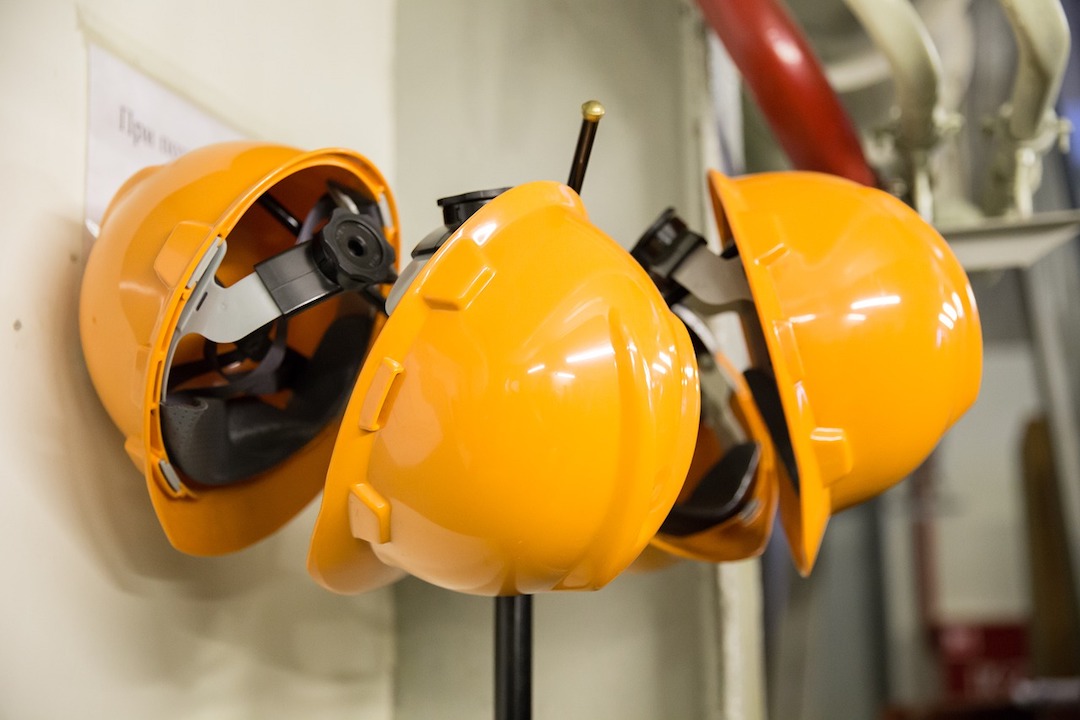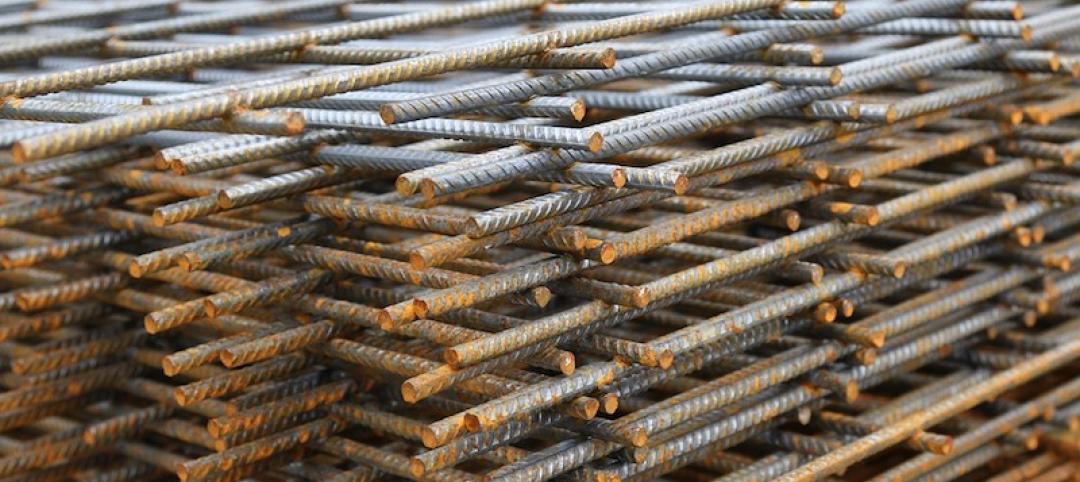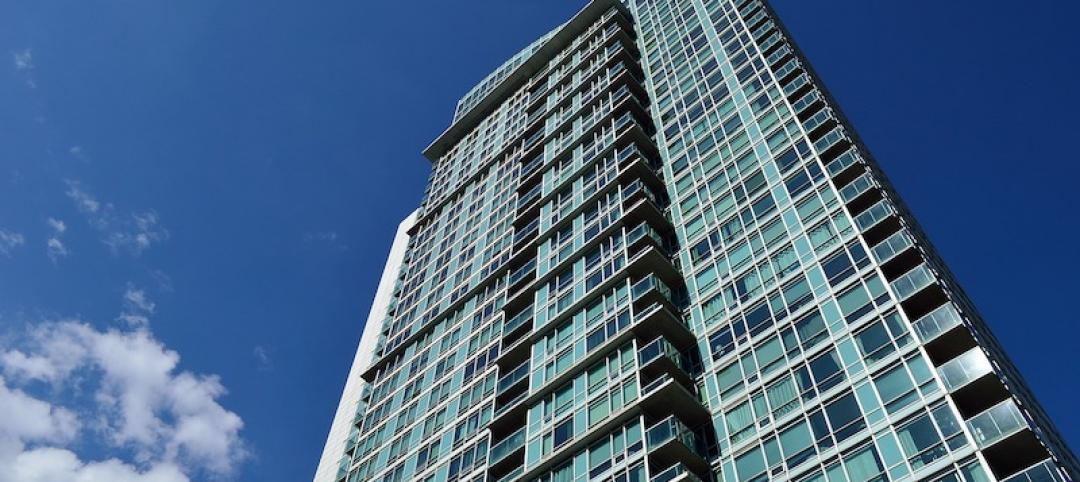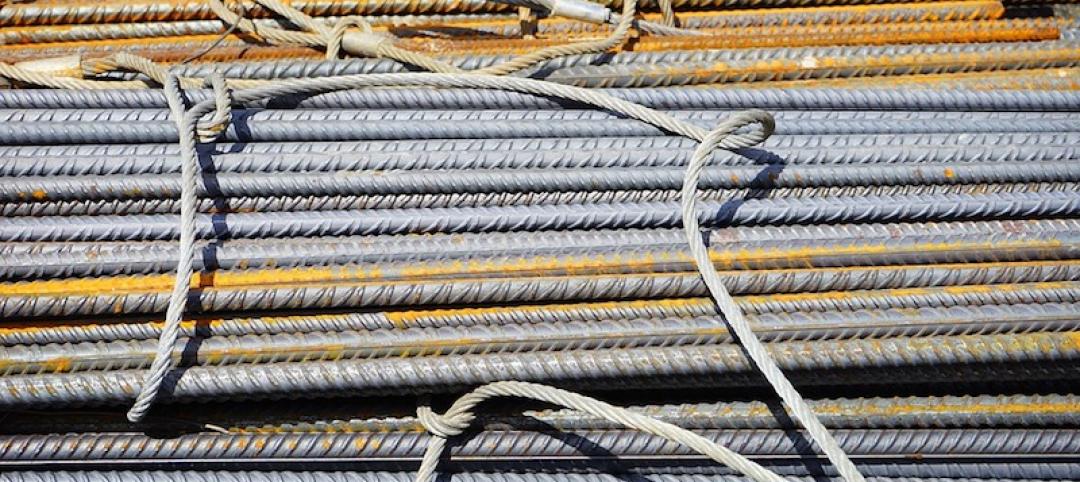Construction employment increased in nearly two out of three U.S. metro areas in 2021, according to an analysis by the Associated General Contractors of America of new government employment data. Yet association officials noted that labor shortages likely kept many firms from adding even more workers.
“Construction employment topped year-earlier levels in almost two-thirds of metros for the past few months,” said Ken Simonson, the association’s chief economist. “But contractors in many areas say they would have hired even more workers if qualified candidates were available.”
Job openings in construction totaled 273,000 at the end of December, an increase of 62,000 or nearly 30% from December 2020, according to the government’s latest Job Openings and Labor Turnover Survey. That figure exceeded the 220,000 employees that construction firms were able to hire in December, implying firms would have added over twice as many workers if they had been able to fill all openings, Simonson pointed out.
Construction employment rose in 231 or 65% of 358 metro areas in 2021. Houston-The Woodlands-Sugar Land, Texas added the most construction jobs (8,800 jobs, 4%), followed by Chicago-Naperville-Arlington Heights, Ill. (6,500 jobs, 5%) and Los Angeles-Long Beach-Glendale, Calif. (6,300 jobs, 4%). Sioux Falls, S.D. had the highest percentage gain (24%, 2,100 jobs), followed by Beaumont-Port Arthur, Texas (18%, 3,000 jobs) and Atlantic City-Hammonton, N.J. (18%, 900 jobs).
Construction employment declined from a year earlier in 76 metros and was flat in 51. Nassau County-Suffolk County, N.Y. lost the most jobs (-5,700 or -7%), followed by New York City (-4,200 jobs, -3%) and Baltimore-Columbia-Towson, Md. (-3,800 jobs, -5%). The largest percentage declines were in Evansville, Ind.-Ky. (-18%, -1,700 jobs); Napa, Calif. (-15%, -600 jobs); Anchorage, Alaska (-14%, -1,400 jobs); and Lewiston, Idaho-Wash. (-13%, -200 jobs). Seven areas set all-time lows for December, while 57 metros reached new December highs for construction jobs.
Association officials said that the growing number of job openings in the industry was a clear sign that labor shortages are getting worse. They noted that the association’s recently released 2022 Construction Hiring and Business Outlook found that 83% of contractors report having a hard time finding qualified workers to hire. They urged Congress and the Biden administration to boost funding for career and technical education to help recruit and prepare more people for high-paying construction careers.
“For every dollar the federal government currently invests in career and technical education, it spends six urging students to attend college and work in an office,” said Stephen E. Sandherr, the association’s chief executive officer. “Narrowing that funding gap will help more people understand that there are multiple paths to success.”
View the metro employment data, rankings, top 10, and new highs and lows.
Related Stories
Market Data | Aug 13, 2018
First Half 2018 commercial and multifamily construction starts show mixed performance across top metropolitan areas
Gains reported in five of the top ten markets.
Market Data | Aug 10, 2018
Construction material prices inch down in July
Nonresidential construction input prices increased fell 0.3% in July but are up 9.6% year over year.
Market Data | Aug 9, 2018
Projections reveal nonresidential construction spending to grow
AIA releases latest Consensus Construction Forecast.
Market Data | Aug 7, 2018
New supply's impact illustrated in Yardi Matrix national self storage report for July
The metro with the most units under construction and planned as a percent of existing inventory in mid-July was Nashville, Tenn.
Market Data | Aug 3, 2018
U.S. multifamily rents reach new heights in July
Favorable economic conditions produce a sunny summer for the apartment sector.
Market Data | Aug 2, 2018
Nonresidential construction spending dips in June
“The hope is that June’s construction spending setback is merely a statistical aberration,” said ABC Chief Economist Anirban Basu.
Market Data | Aug 1, 2018
U.S. hotel construction pipeline continues moderate growth year-over-year
The hotel construction pipeline has been growing moderately and incrementally each quarter.
Market Data | Jul 30, 2018
Nonresidential fixed investment surges in second quarter
Nonresidential fixed investment represented an especially important element of second quarter strength in the advance estimate.
Market Data | Jul 11, 2018
Construction material prices increase steadily in June
June represents the latest month associated with rapidly rising construction input prices.
Market Data | Jun 26, 2018
Yardi Matrix examines potential regional multifamily supply overload
Outsize development activity in some major metros could increase vacancy rates and stagnate rent growth.
















